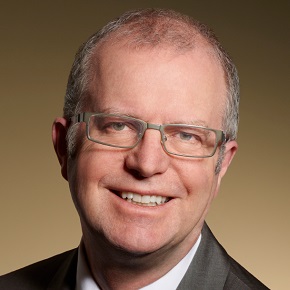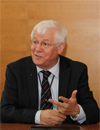 |
||
|
Russia to Begin Building 9 Submarines by Next Year RIA Novosti, PUBLISHED 08.02.2014 Russia will begin construction on nine submarines in the next two years, the head of the country’s largest shipbuilder said Friday. Mikhail Budnichenko, CEO of the Sevmash company, said at a defense expo in India the shipyard would lay down eight nuclear submarines in the next two years, including four of the new strategic missile Borey class. The Borey is Russia’s first post-Soviet ballistic missile submarine class and will form the mainstay of the strategic submarine fleet, replacing aging Typhoon, Delta III and Delta IV-class boats. Russia ultimately expects eight Borey-class submarines to enter service by 2020. Topics: Russia, Nuclear ships Other news: Hungary Lawmakers OK Russia Nuclear Plant Deal Russia will provide Hungary a loan of up to 10 billion euros ($13.5 billion) - around 80 percent of construction costs. Russia to Lend Hungary $13.7Bln for Nuclear Plant The deal was announced during a state visit to Moscow by Hungarian Prime Minister Viktor Orban and was hailed by Russian President Vladimir Putin. Russia to Triple Uranium Production in Next 2 Years – Rosatom In 2015 we will reach 8,400 tons. |
Hero of the day 
We are currently working with the Nuclear Decommissioning Authority (NDA) on this approach, which was submitted in response to their February 2012 call for alternative proposals. We appreciate that the UK is in the early stages of their policy development activities and are pleased to be involved in such important work. INTERVIEW
Yanko Yanev OPINION
Joint Plan of Action |

